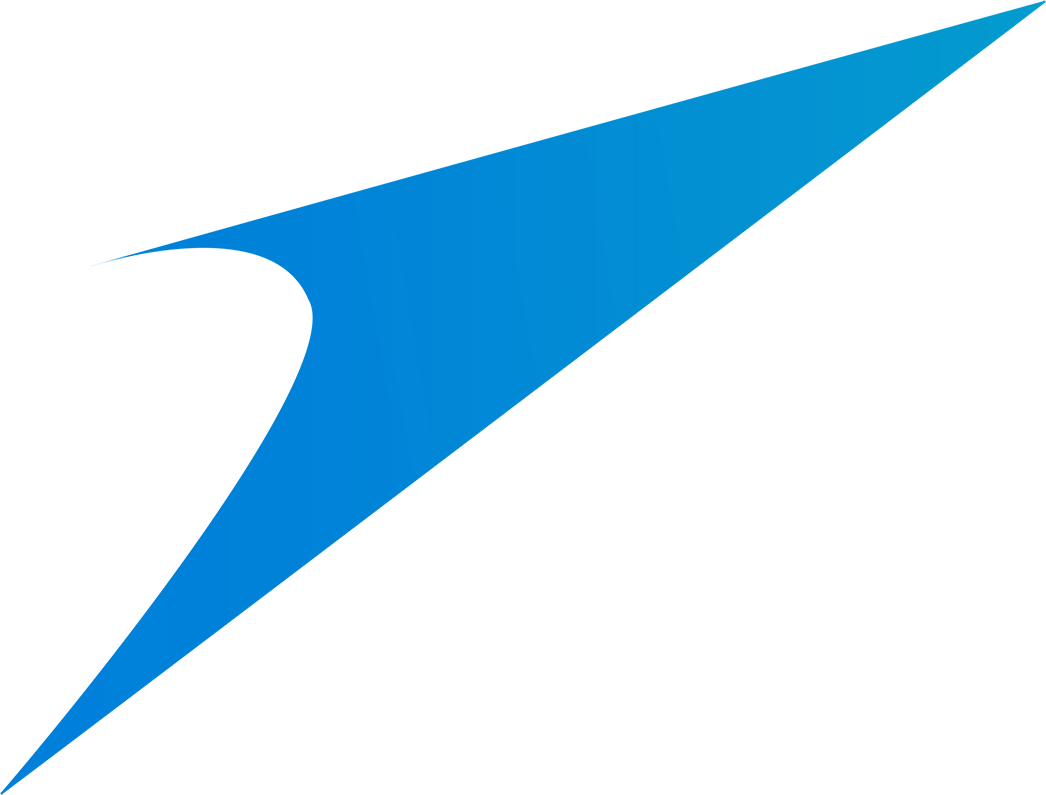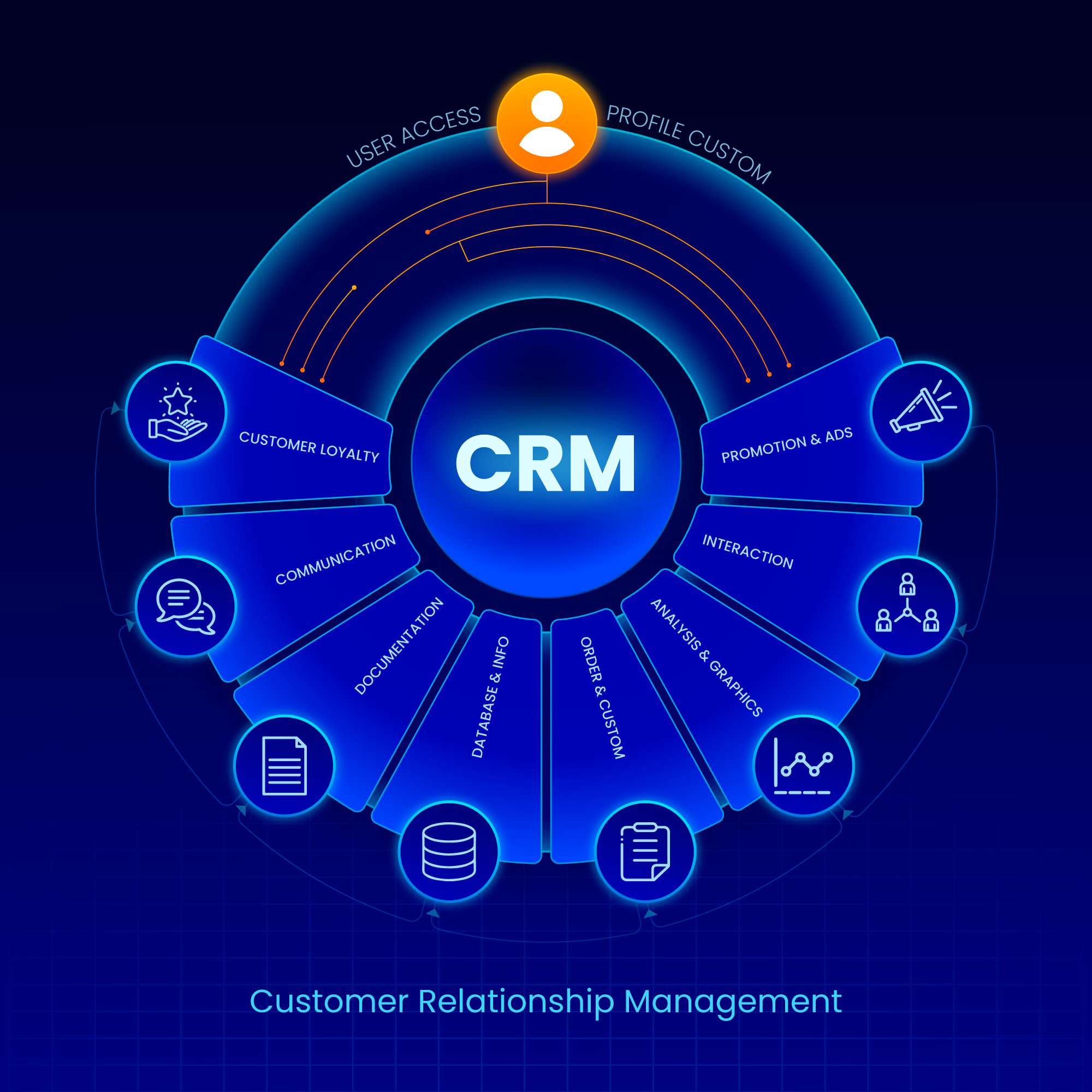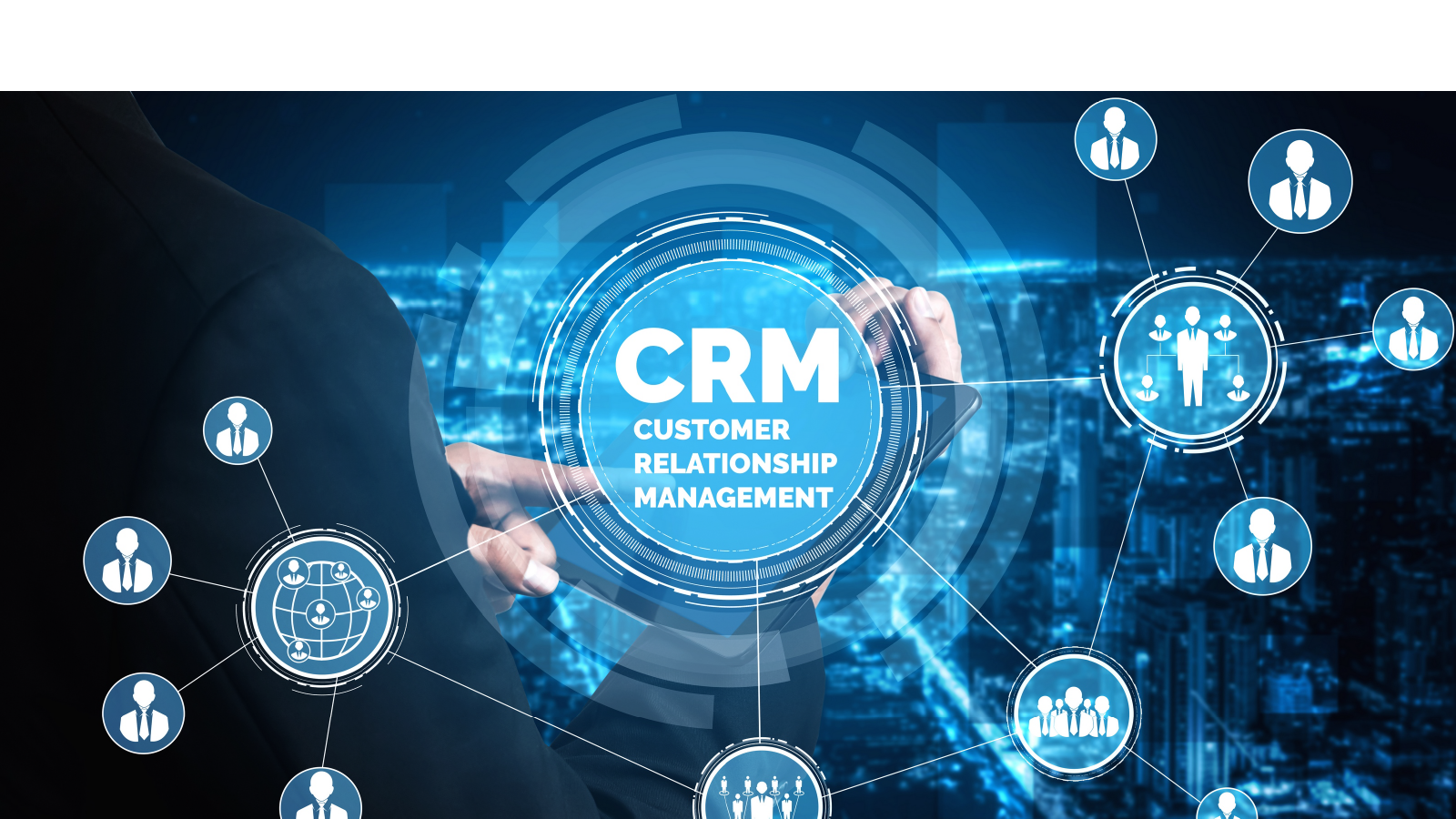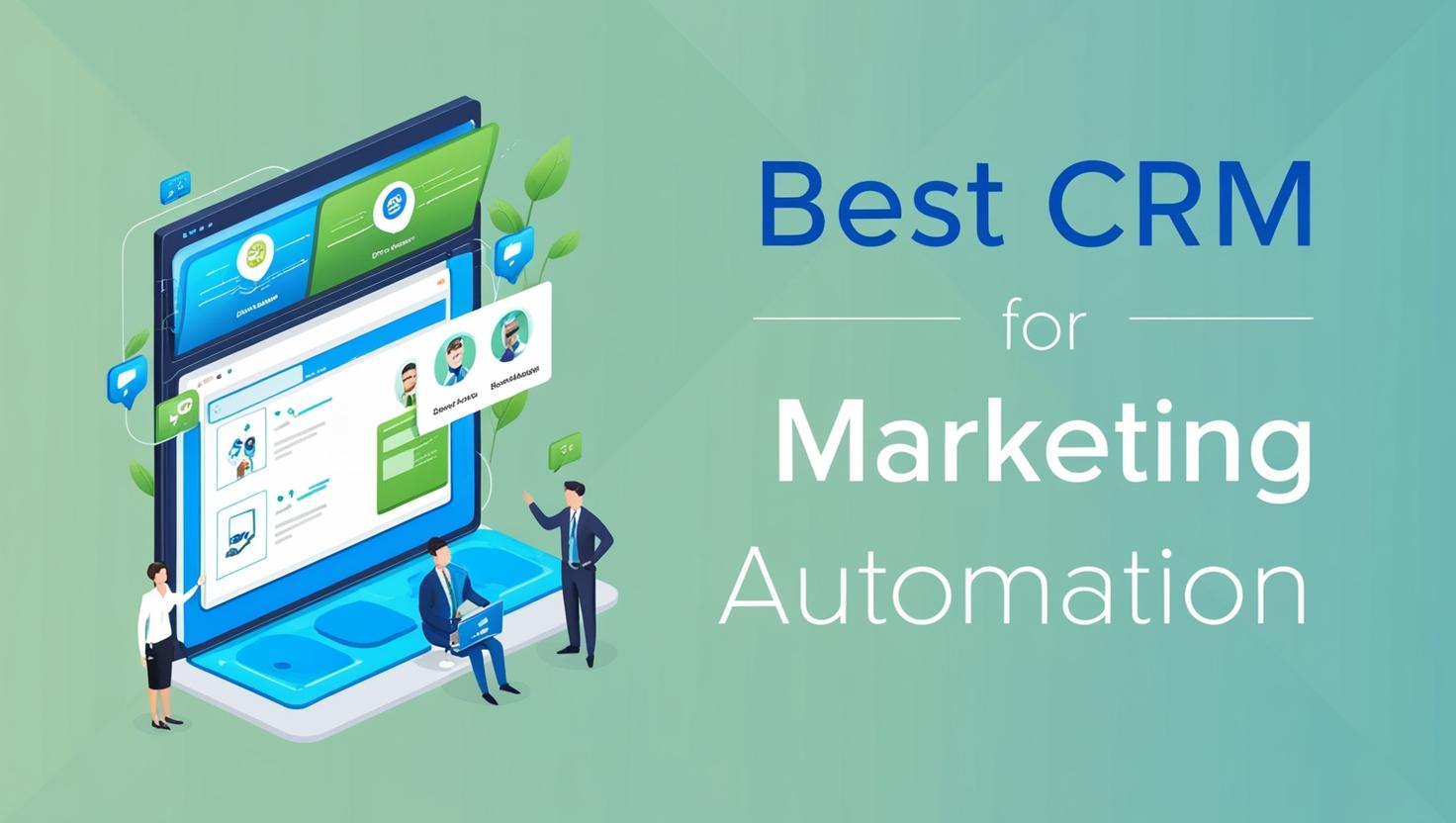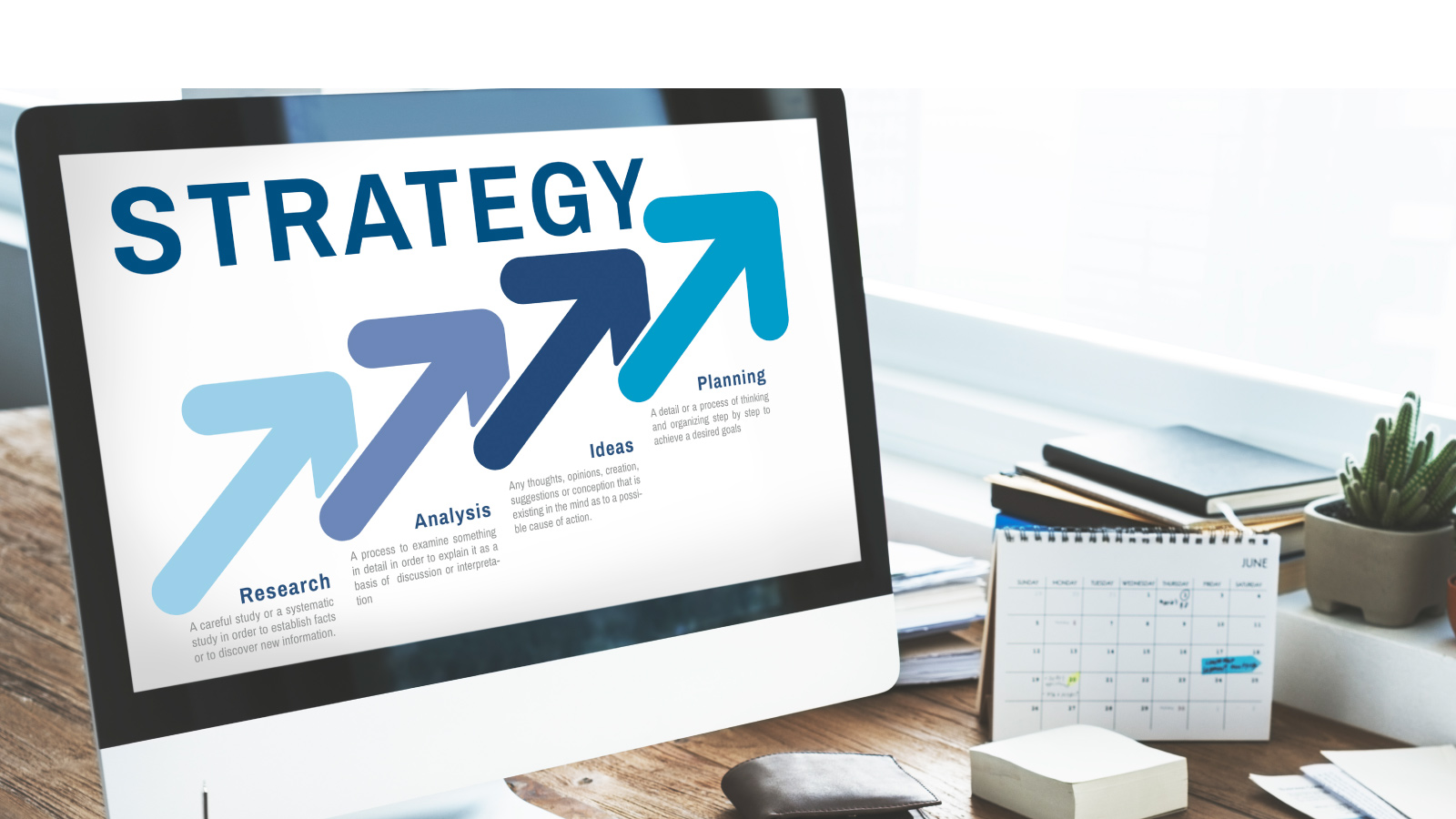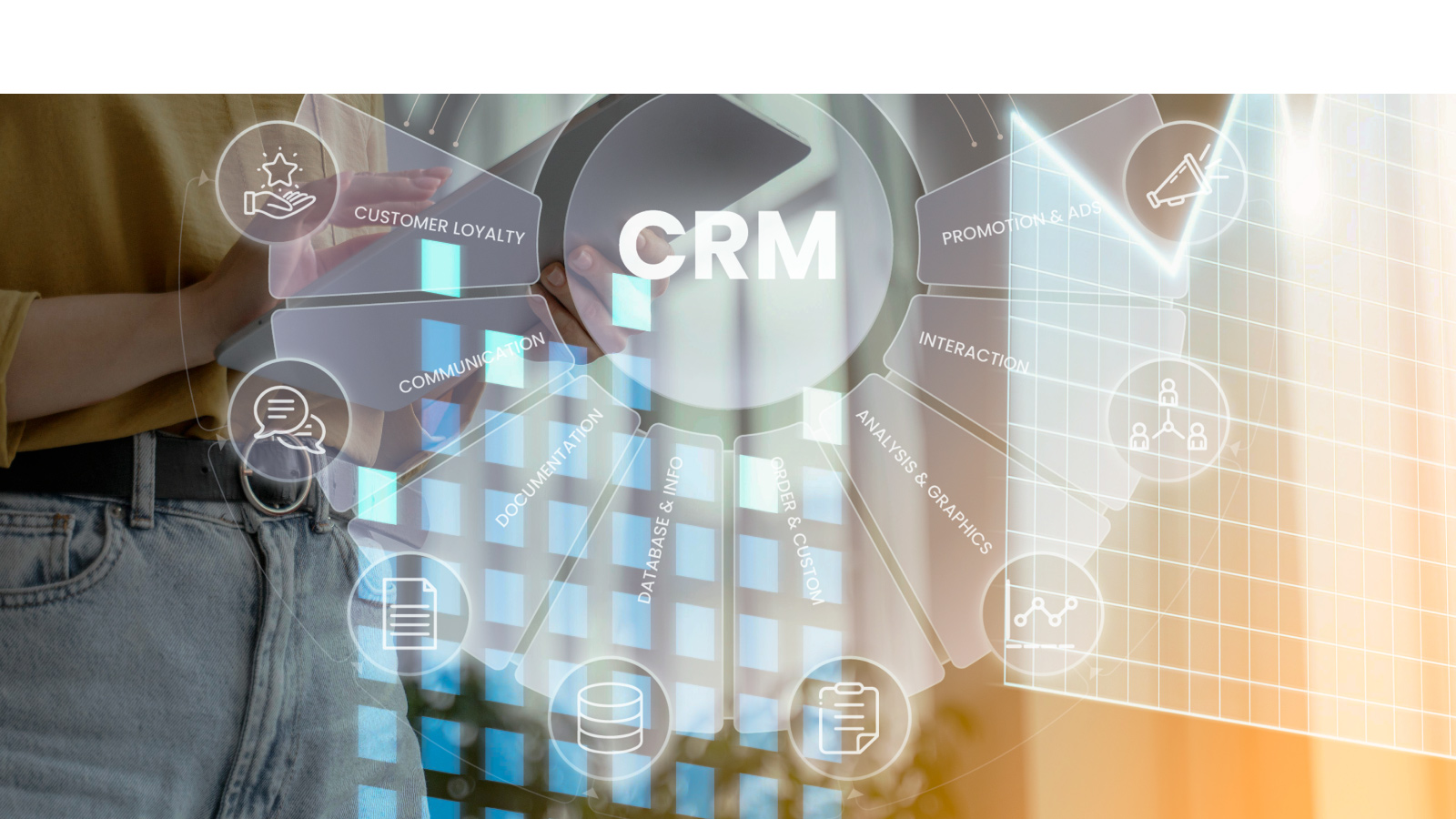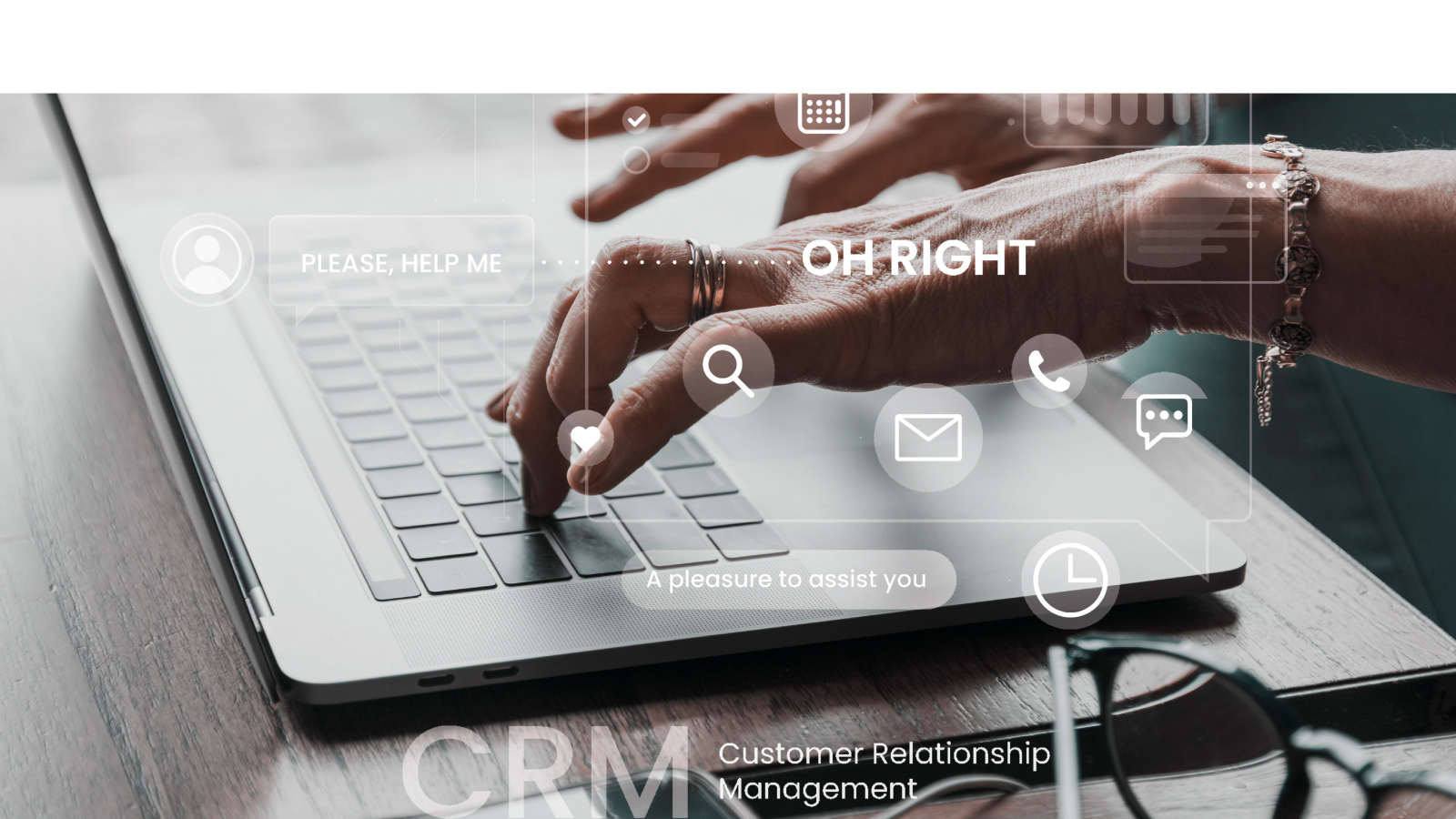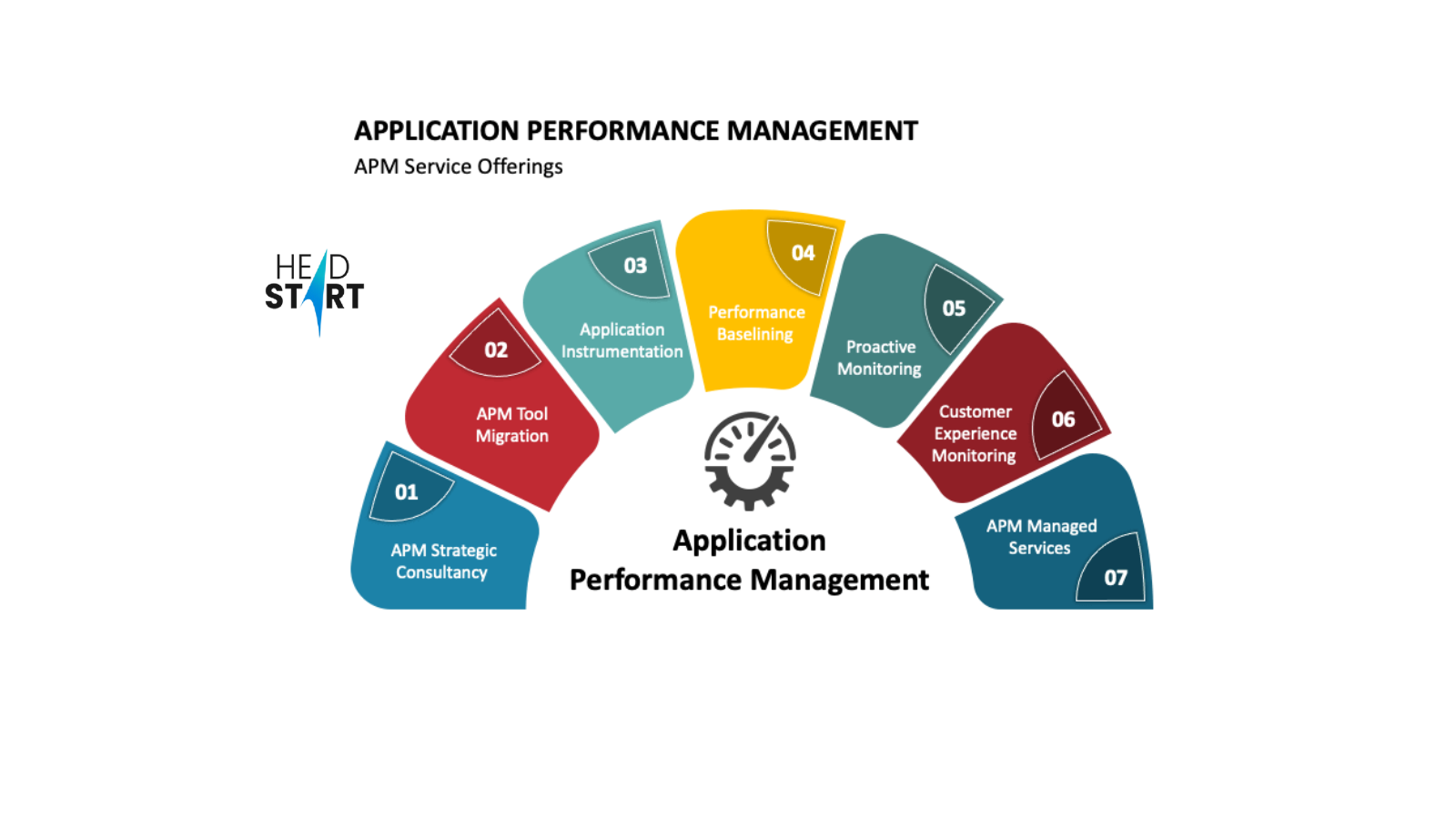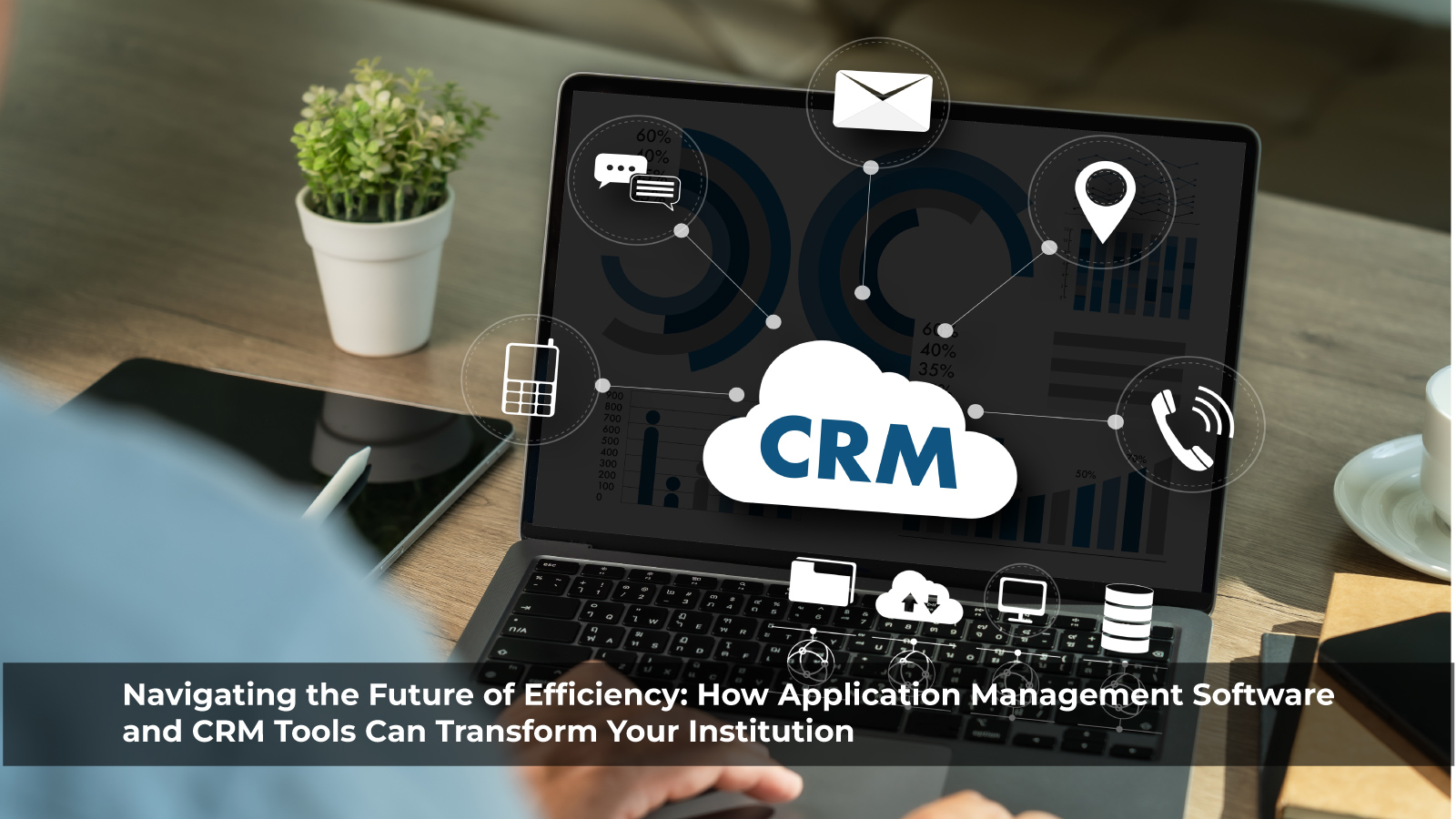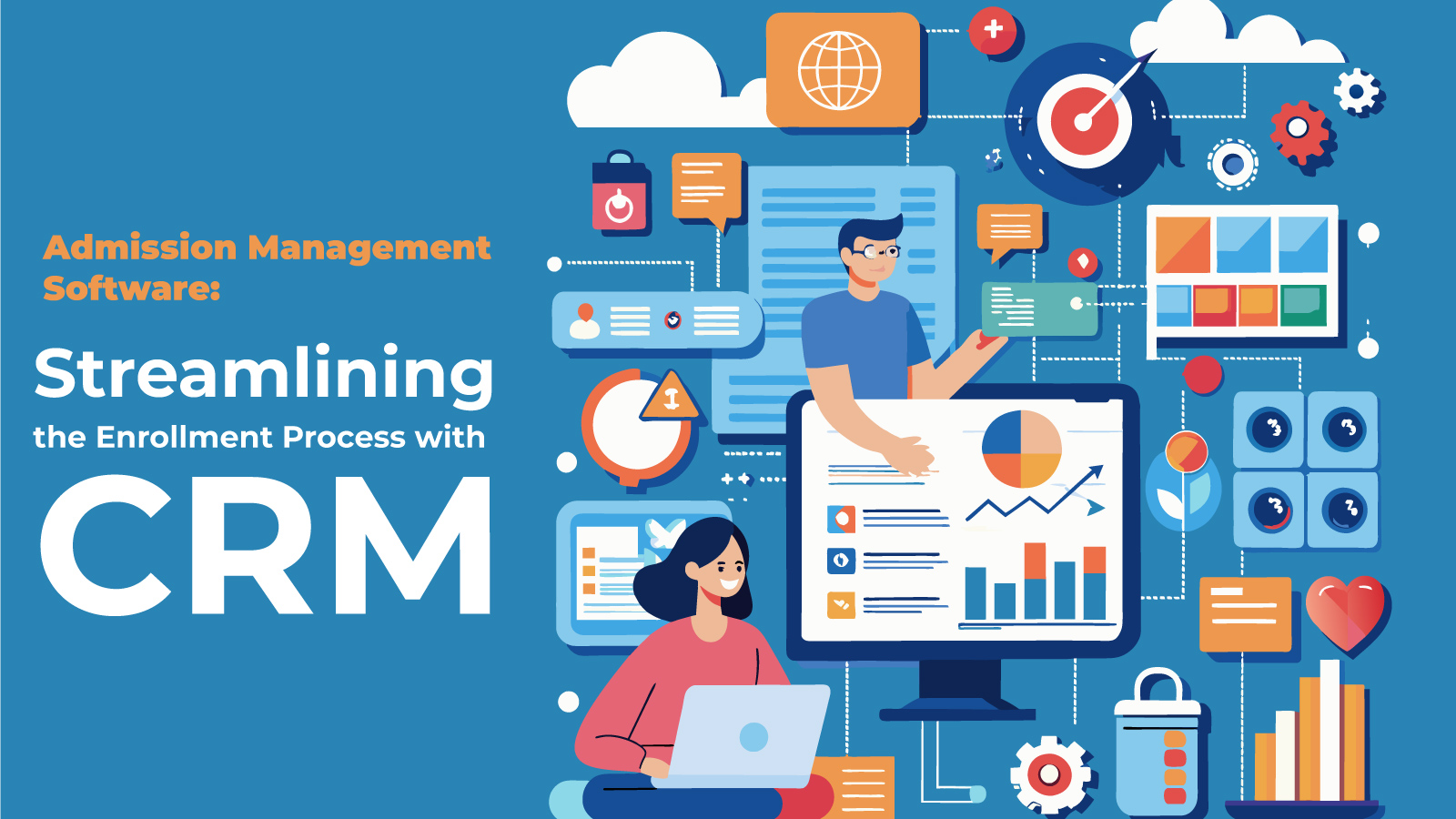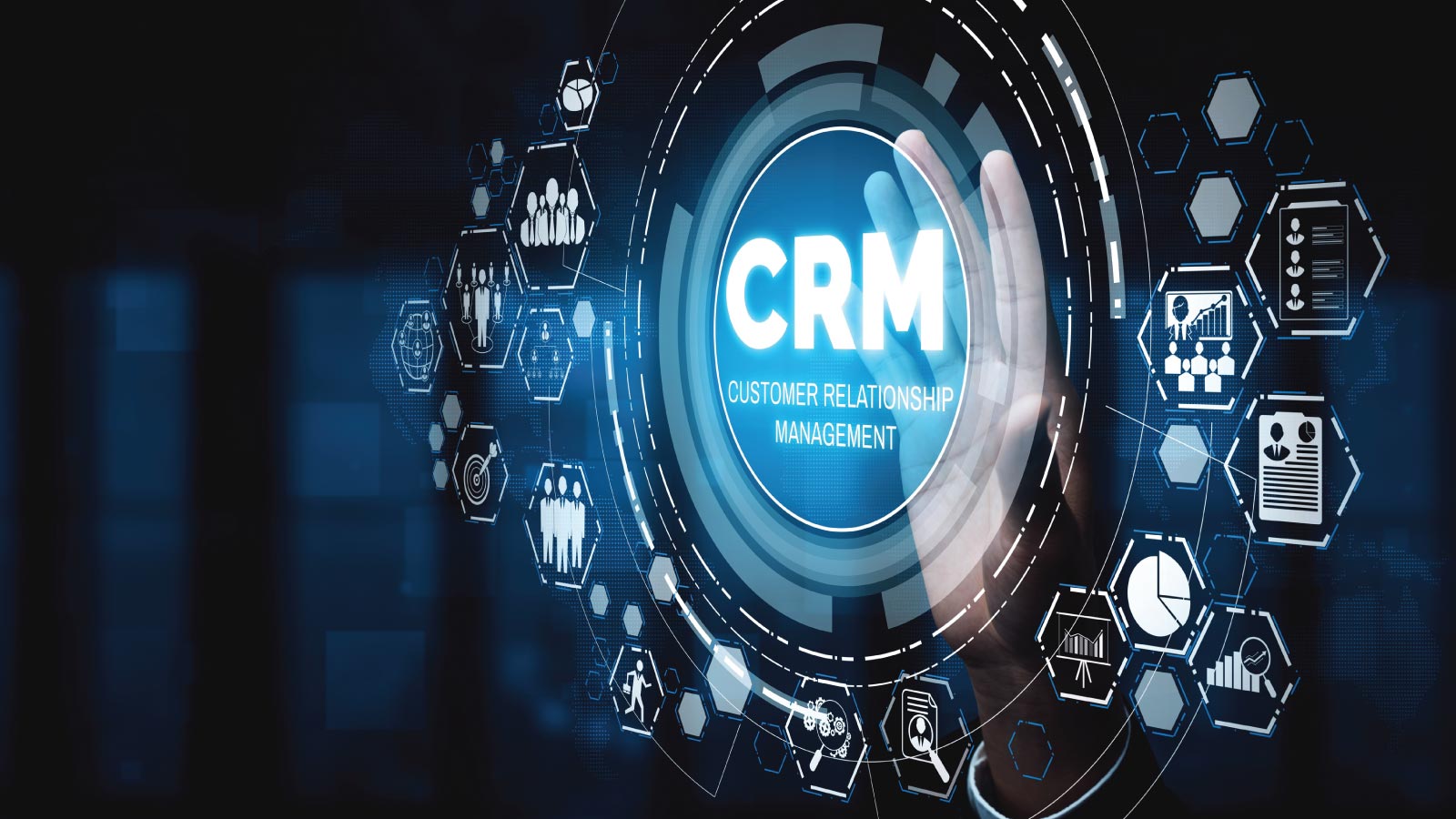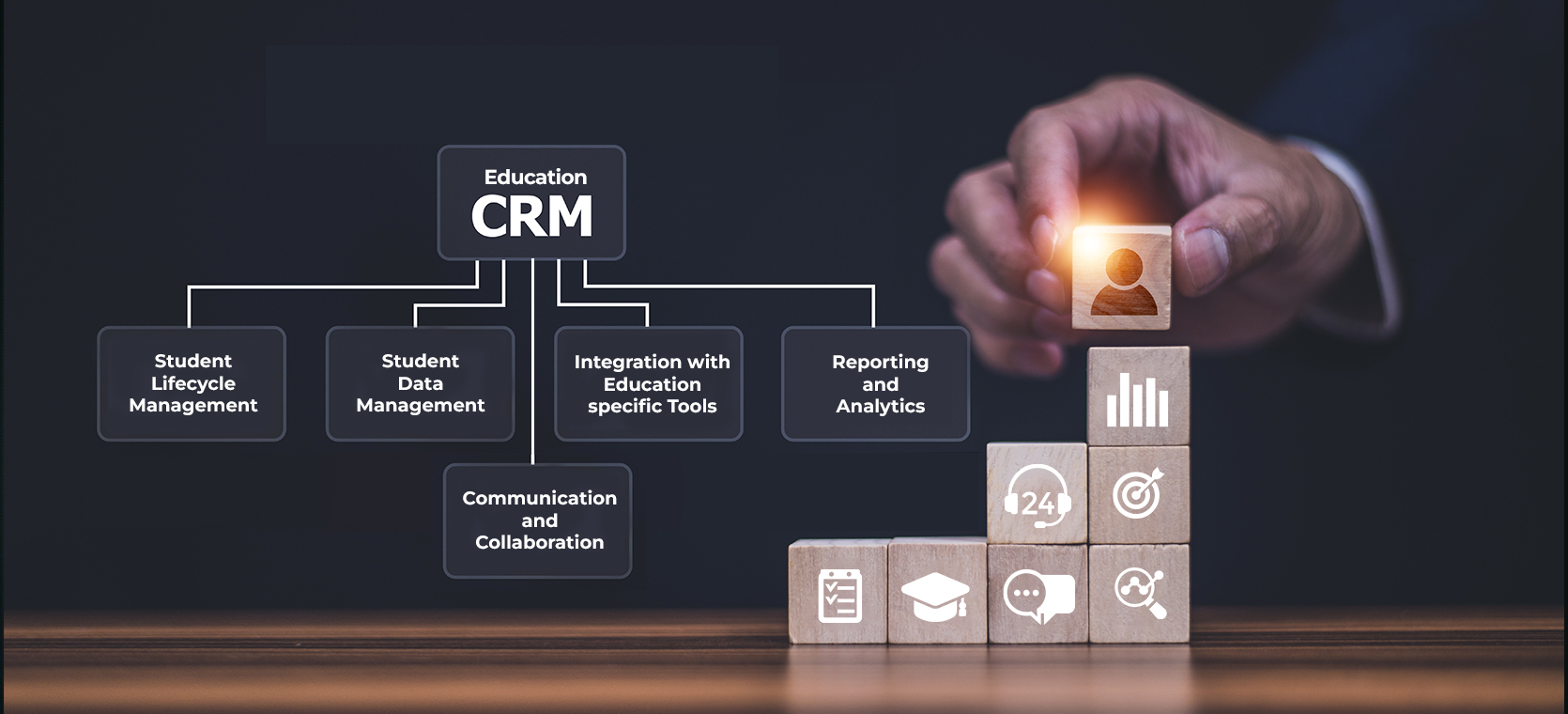Choosing the Best CRM Software for Your Business
CRM is essential for any organisation aiming to cultivate and preserve strong ties with customers. Managing customer relationships and ensuring favourable interactions are central goals. But, the role of CRM is not limited to that; it has data analytics features which can be utilised to find out important business attributes.
CRM analytics assist companies in analysing customers’ data in depth to obtain important information. Such knowledge can enhance decision-making processes and implement effective changes in organisations to increase customer satisfaction and, ultimately, sales. That is why it is crucial to discover what sort of opportunities CRM analytics can open for your business, which metrics are critical to pay attention to, and how these instruments can skyrocket your customer relationship management.
What CRM Analytics Brings to Your Business?
CRM software for business generally facilitates a better understanding of your business environment. This enables you to identify your areas of strength, weakness, and unexplored growth potential. Here are some key benefits:
- Get to know your customers better. Recognise what they like, do, and require as a customer base or audience.
- Make informed decisions based on data rather than guesswork.
- Identify opportunities for upselling and cross-selling, leading to higher revenue.
- Tailor your marketing efforts to target the right audience with the right message.
Key Metrics and Data Points in CRM Analytics
One question that may come to mind at this stage is, what information can CRM analytics offer related to your business? Let’s go through some key metrics and data points offered by CRM software for business and understand the importance of CRM analytics for your business:
- Customer Lifetime Value (CLV)
- Shows the total revenue a customer is expected to generate over their relationship with your business.
- Helps in understanding long-term customer value.
- Customer Acquisition Cost (CAC)
- Indicates the cost of acquiring a new customer.
- Essential for assessing the efficiency of your marketing strategies.
- Churn Rate
- Measures the percentage of customers who stop doing business with you over a specific period.
- High churn rates can signal issues with customer satisfaction or product quality.
- Conversion Rate
- Reflects the percentage of leads that turn into paying customers.
- Useful for evaluating the effectiveness of your sales funnel.
- Customer Satisfaction (CSAT) Scores
- Direct feedback from customers about their experiences.
- High scores indicate good customer service and satisfaction.
Evaluating the Core Features of CRM Software
Now, because we have already seen the importance of CRM analytics for any business, you might be considering integrating it into your organisation. But, here one thing might make you feel overwhelmed, which is the variety of CRMs available in the market. Picking a CRM software for business that perfectly fits the requirements of your organisation needs some points to keep in mind. Here are some essential CRM features to look for:
- Contact Management
- Centralised storage for customer information
- Easy access to customer interactions and history
- Sales Automation
- Streamlines sales processes
- Automates repetitive tasks like follow-ups and data entry
- Marketing Automation
- Manages campaigns across various channels
- Tracks marketing efforts and measures ROI
- Customer Service and Support
- Handles customer inquiries and issues efficiently
- Provides tools for live chat, email support, and ticketing
- Reporting and Analytics
- Offers detailed insights into business performance
- Helps in tracking key metrics and KPIs
- Integration Capabilities
- Works seamlessly with other tools like email, accounting, and e-commerce platforms
- Facilitates data sharing across systems
How to Align CRM Software with Your Business Needs?
Every business has unique needs. So, how do you find a CRM software for business? Start by identifying your specific goals and challenges.
- Define Your Goals
- Are you looking to improve customer service?
- Do you want to streamline your sales process?
- Assess Your Current Processes
- What tools are you using now?
- What’s working and what’s not?
- Prioritise Features
- Make a list of must-have features based on your goals.
- Consider additional features that could add value.
- Consider Scalability
- Will the CRM grow with your business?
- Look for options that can handle an increasing volume of data and users.
- Evaluate User Experience
- Is the software user-friendly?
- Ensure it’s easy for your team to learn and use.
Steps to Implement CRM Software Successfully
Here’s a roadmap to guide you in implementing a CRM software for business effectively:
- Planning
- Set clear objectives for what you want to achieve.
- Identify key stakeholders and form a project team.
- Customisation
- Tailor the CRM to fit your business processes.
- Configure workflows, fields, and user permissions.
- Data Migration
- Transfer existing data to the new CRM.
- Clean and organise data to avoid duplication and errors.
- Training
- Provide comprehensive training for your team.
- Offer resources like tutorials and support materials.
- Deployment
- Roll out the CRM system in phases.
- Monitor the implementation and address issues promptly.
- Feedback and Improvement
- Gather feedback from users.
- Continuously refine and optimise the CRM setup.
Leveraging CRM Analytics for Continuous Improvement
Now, once a business has set up the CRM system, it’s time to use it and gain beneficial information about your customers. CRM software for business can offer important analysis which can be utilised for multiple purposes:
- Regularly Review Metrics
- Track key performance indicators (KPIs) consistently.
- Identify trends and patterns in customer behaviour.
- Adjust Strategies Based on Data
- Use insights from analytics to refine your marketing and sales strategies.
- Address any issues or bottlenecks identified through data analysis.
- Enhance Customer Personalisation
- Use data to tailor customer interactions.
- Implement personalised marketing campaigns and offers.
- Improve Customer Retention
- Identify factors leading to customer churn.
- Develop strategies to improve customer satisfaction and loyalty.
- Optimise Operational Efficiency
- Analyse process performance and identify areas for improvement.
- Implement changes to streamline operations and reduce costs.
How CRM Analytics Enhances Customer Relationship Management
By analysing customer data, you can gain valuable insights that help you better understand and serve your customers. Here are a few ways this works:
- Personalised Customer Interactions: Segment customers based on their behaviour and preferences. This allows for more personalised communication and tailored offers, making customers feel valued.
- Improved Customer Satisfaction: Understand customer pain points through data and address issues proactively. This leads to happier customers and reduces churn.
- Optimised Marketing Campaigns: Identify which marketing strategies are most effective. Allocate resources more efficiently and target the right customer segments.
Better Sales Strategies: Use insights from CRM analytics to prioritise leads, focus on high-value customers, and close deals faster.


Let's Start
Contact UsWe empower education institutions with a comprehensive enrollment and student relationship management platform. With our expertise and experience in education and technology, we revolutionise operations and provide the necessary tools to thrive in a dynamic landscape.

